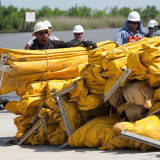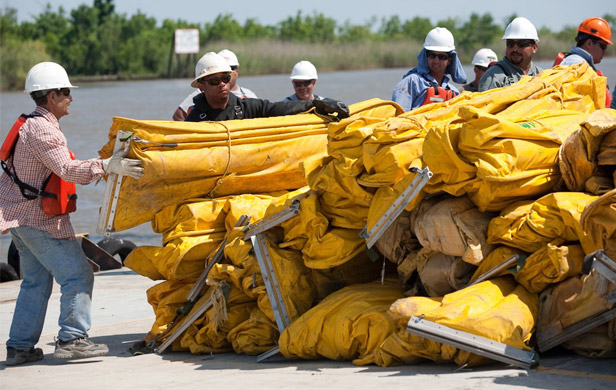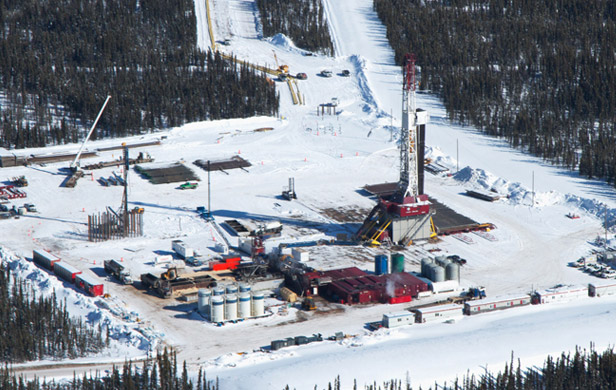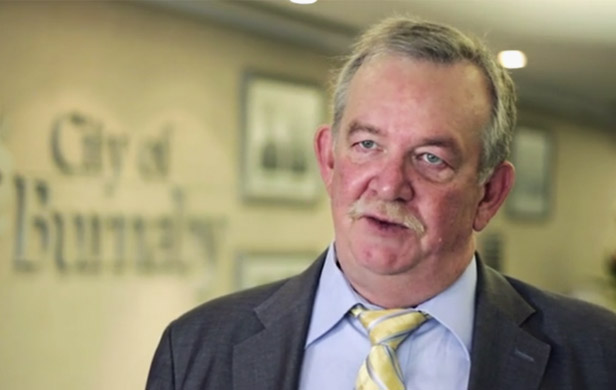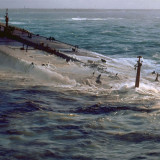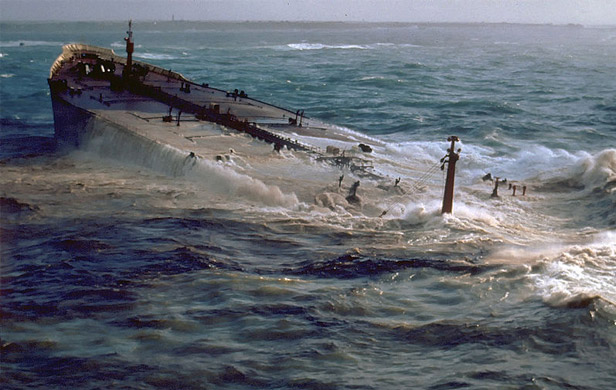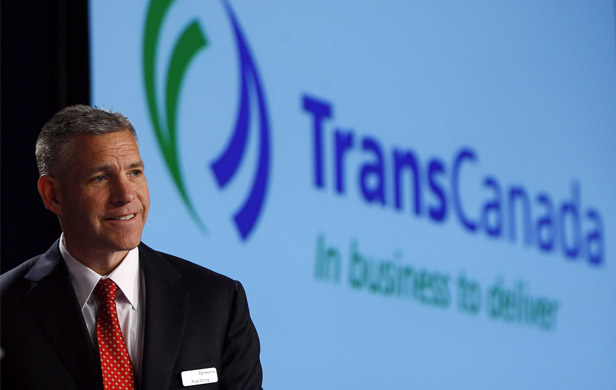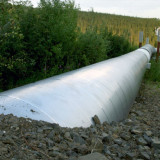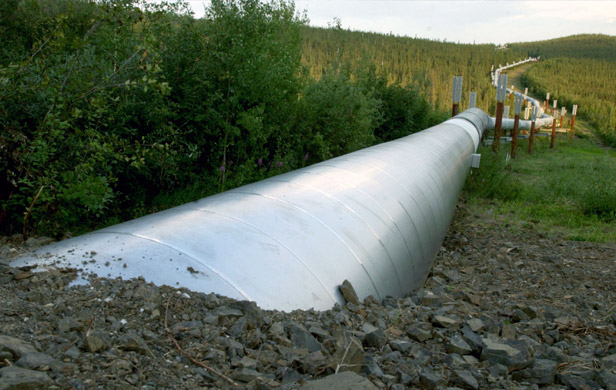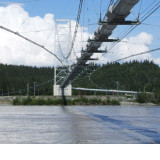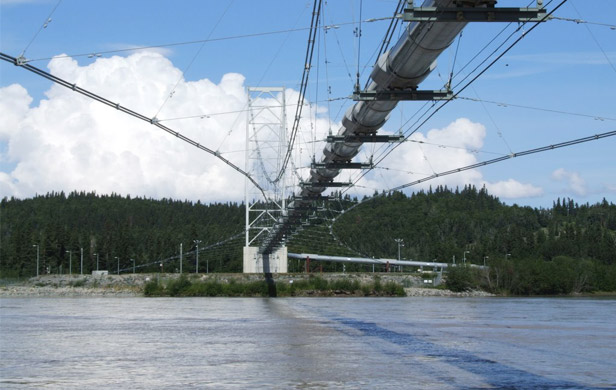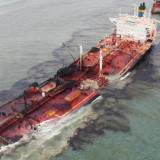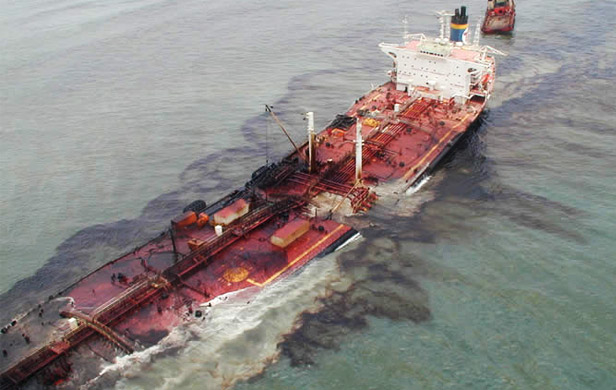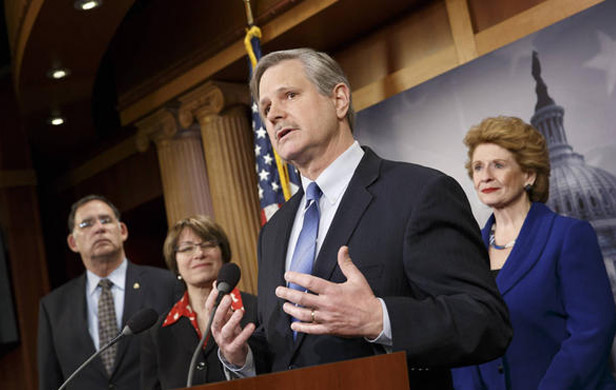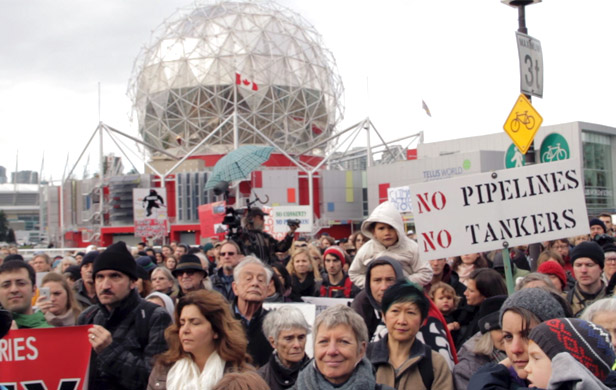
By Dene Moore, The Canadian Press
VANCOUVER – One of the biggest hurdles for the Northern Gateway project is one the company has never had the means to address.
Now that the project has received federal approval, the next phase of the pipeline fight will not focus on the Calgary pipeline company but on the government that many B.C. First Nations ultimately blame for the dispute.
More than a pipeline issue
Said Peter Lantin, president of the Haida Nation, Wednesday:
[quote]For us, it’s a rights and title discussion. It’s not necessarily about a pipeline.[/quote]
The Crown has failed to resolve aboriginal rights and title in B.C. for generations, he said. Now, native communities are united for a sweeping legal challenge against the federal government approval, he said.
The expected legal challenge involves a coalition that includes all three major aboriginal organizations in the province: the pro-treaty First Nations Summit, the anti-treaty Union of B.C. Indian Chiefs and the regional branch of the Assembly of First Nations, as well as dozens of individual bands.
They will meet in the coming weeks to decide on the course their case will take, Lantin said.
Lantin said the Haida recognize the importance of natural resource projects and the national interest, and he said they would be happy to have that conversation — about another project.
“There is no compromise. There is no mitigating measures that we could talk about that would satisfy or change the Haida position,” he said.
[quote]I don’t believe that after the fact we can somehow hit a reset button…The damage is done.[/quote]
Enbridge: ‘We believe that we can move past this’
The company said it will continue trying to engage aboriginal and other communities.
Janet Holder, vice-president of western access for Northern Gateway Pipelines, said there have been some discussions and more are planned.
Enbridge (TSX:ENB) and its partners remain committed to the project, she said.
“We believe that we can move past this,” Holder said. “I don’t think we’ll get 100 per cent support. There’s never anything, any significant issue, that’s ever been dealt with in Canada that has ever had 100 per cent support.”
But the project is worth working on, she said. Canadians are losing billions of dollars a year in revenue without access to the coast for export, she said, and Enbridge and its 10 partners will push forward and find a way to make it work.
“They truly understood before and understand now what the issues are, what needs to be done to move forward, and they’re still willing to fund the project,” she said.
Enrbidge shares dip amid analysts’ pessimism
Analysts and shareholders appeared less optimistic. Shares in Enbridge dropped slightly the morning after the federal announcement.
Said an analysis by CIBC World Markets:
[quote]All told, we see the federal government’s approval largely as academic at this point, with B.C. provincial, environmental and First Nations challenges likely stalling further progress, potentially for years. We do not believe it likely that a consensus can be reached on the project; the environmental and First Nations groups have become entrenched in their positions.[/quote]
In announcing approval, Natural Resources Minister Greg Rickford said the company has more work to do to engage aboriginal groups and local communities.
Onus on federal government to deal with First Nations
But it’s not necessarily the company that has work to do, said one legal expert.
First Nations have legal rights, but in the absence of treaties in B.C., it’s not clear just what those rights entail, said Gordon Christie, an expert in aboriginal law at the University of British Columbia.
“The federal government has the responsibilities to First Nations, not the company,” he said. “This is all about the government making a decision to allow the pipeline to be built.”
Legal challenges could take up to two or three years to resolve, he said.
The Conservative government already faces another challenge in Federal Court that could affect the approval.
The Mikisew Cree and Frog Lake nations in Alberta have filed for a judicial review of changes to the federal environmental assessment rules and the Fisheries and Indian acts included in the Tories’ omnibus budget bill two years ago.
They argue the changes undermine environmental protections and the Crown’s duty to consult aboriginals.
[signoff3]


